Survey Results: What Agents, Editors and Art Directors Look For Online
In prep for my workshop at CANSCAIP's Packaging Your Imagination, I asked literary agents, editors and art directors a few questions about whether they research potential clients, authors and illustrators online and what they look for. 18 editors (some of whom also look for picture book illustrators), 8 agents and 2 art directors responded.
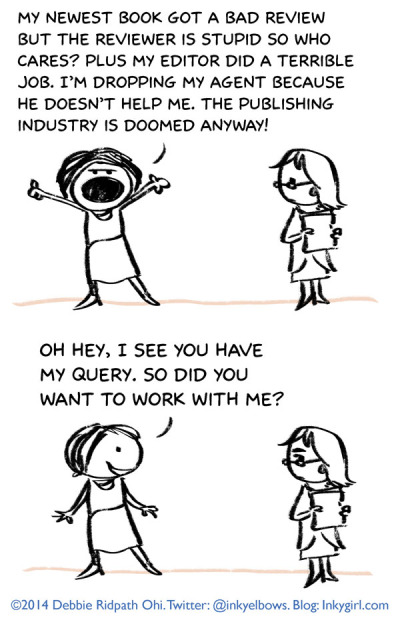
Here's what they said:
QUESTION: When you are considering taking on a new client/author/illustrator, do you ever research them online?
77% of respondents said that when they are considering taking on a new client, author and illustrator, they ALWAYS research them online. The rest said they sometimes do.
QUESTION: If you do online research before signing on a client/author/illustrator, has your research ever made you decide NOT to sign them on?
62% said that YES, they have decided to reject someone after researching them online. Some said that while they hadn't yet rejected someone after online research, they would definitely think twice about signing with someone who posts a lot of negativity (see below) or posts "with cringe-inducing syntax."
OTHER COMMENTS:
In this section, I invited respondents to volunteer additional comments, including turn-ons and turn-offs, what they look for during online research.
The following respondents gave me permission to use their names.
 Christie Harkin, Consultant Publisher at Clockwise Press:
Christie Harkin, Consultant Publisher at Clockwise Press:
"I have been turned off by authors/illustrators who bad-mouth their editors/publishers/agents. It is amazing to me when I see this on Facebook. Even if you don't mention your editor/publisher by name, it is usually very obvious to whom you are referring. I would definitely think twice about taking on someone who did this. Also, I look for authors/illustrators who are generous in sharing news about others in the community. People who only post promo about their own books (BUY MY BOOK! LOOK AT MY STUFF!) are not generally as well-received or connected with the larger community. If you are a new or emerging creator, you need to be engaging with others who are also plugged in to the kidlit world."
 Andrew Karre, Editorial Director at Carolrhoda Books/Lerner ( December 11, 2014 update: Andrew is joining Dutton Children's Books as executive editor on Jan. 12):
Andrew Karre, Editorial Director at Carolrhoda Books/Lerner ( December 11, 2014 update: Andrew is joining Dutton Children's Books as executive editor on Jan. 12):
"An extent online presence is not a necessity. It's gravy. But . . . I place a certain amount of value on a social media presence that seems human and natural and interesting. A Twitter stream that is full of interesting engaged conversations on a variety of topics--even topics other than books--is somewhat more interesting to me than one that is all review links and retweets. I don't much care how many followers. (Unless, of course, it's a huge number, because I am not an idiot about what that means.)"
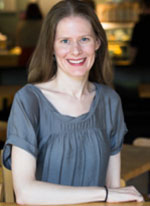 Carol Hinz, Editorial Director at Millbrook Press:
Carol Hinz, Editorial Director at Millbrook Press:
"I'm not necessarily looking for something in particular when I look up an author or illustrator. I simply want to find out if the person has a web presence and, if so, what it is. It's also helpful to get a sense of what else they've done, how they present themselves, whether they do school visits, and what helpful connections they may have (whether it's with other writers, educators, booksellers, etc.) when it comes to book promotion."
Other Comments:
NOTE: Most of the respondents answered anonymously but to avoid the awkward he/she decision, I decided to use "he" or "she" randomly.
One agent said she decided not to request material from previously published authors who got combative with reviewers. Another respondent said that while he hadn't yet rejected a project based on online research, he may make a note to discuss proper online etiquette with that particular author or illustrator. "But I believe the day is coming where my online research will make me answer 'no' when I question, 'Do I love this book enough to want to deal with THIS'?"
Another respondent said that online research sometimes makes her ask more questions, change the direction or focus of the conversation, dig deeper ("and not always in a negative way"), sometimes for the benefit of both of them and sometimes in ways that lead to more meaningful partnerships.
"Biggest turn-off: Writers who get argumentative and/or rude with reviewers and bloggers online. I also look at blog and social media posts that see how the writer comes across in their daily interactions. I'm wary when a writer acts rude, cynical, prejudiced, or pessimistic on social media. That's not to say that people can't have down moments, but if their overall feeds are full complaints and abuse toward others, it's an immediate "no." I've been lucky, though, to have found clients who are all positive, dedicated writers open to criticism and growing in their craft."
"I'm usually just looking for more information and/or to confirm my initial impression. I do notice if someone writes extensively about the writing and publication process ("got another rejection today!") or if he/she does a lot of self-publishing. Neither of these are deal-breakers at all, but they present unique challenges. I actually do most of my sleuthing with agents and agencies, and in that case I do judge if I see a lot of awful self-published covers (but again, may still work with them). Also, I assume writers and agents research me online but the less I'm reminded of that, the better—like don't start every email to me by mentioning something I've posted on Facebook. I don't like the feeling of someone friending me on social media in order to 'gain access.'"
"I look for obviously divisive posts, things that I see that I think would turn off a readership. Professionalism online is important, and also gives me an idea of what you'd be like to work with. I also look to see how you interact with others on your blog/twitter/site whether or not you acknowledge people who leave comments or tweet with you."
"Turn offs= being unprofessional/rude/inappropriate in a public online setting. Why would I want someone with that type of behavior linked to me as an agent and the agency as a whole?"
"When researching someone online, I'm generally just looking to flesh out my knowledge of that person in advance of a possible acquisition. I'm not actually looking for trouble spots, just maybe things to discuss at an IRL meeting with colleagues (sales points) or with the author themselves (small talk). When it's an illustrator, particularly; I do a lot of triage online before anyone's necessarily aware that I'm looking - I use online portfolios to identify leads. I'd advise artists to have as much art available to view online as possible. Use places like deviantart if you don't have a well-maintained personal site or an illustration agent with a good easily searchable site. Probably use deviantart even if you do. The easier your work is to find, the more work you'll pick up. I've been involved in acquisitions where a Google search turned up a certain amount of Internet Drama. It never really influenced the decision - we signed people up each time. I could imagine scenarios in which it would be a deal-breaker - for example, if we discovered that an author was a Neo-Nazi, that wouldn't play well - but none of them has so far come to pass. Incidentally, I think the situation in which duly diligent research is crucial is if you are an author or illustrator being offered work by a publisher or agent. You need to check out the bona fides of the person or company asking to contract with you, because there are an awful lot of sharks out there." - @iucounu on Twitter
"Turn ons - lots of work with the same energy and talent that brought the illustrator to my attention in the first place. Turn offs - samples that look dated, have styles that are very different and less appealing to me than the first sample I saw, very few samples."
"Online turn-offs: people who tweet way too often, people who only speak and don't engage others in conversation, people who are far too self-promotey, people who share way too much of their personal lives, people who are far too neurotic (tweeting constantly about writing woes and insecurities), people who are far, far, far too negative about anything and everything, and the biggest of all: people who feel the need to insult other writers/houses/editors/agents. Oh, and also, writers who quote themselves online. Online turn-ons: people who engage in meaningful discussion (without hitting me on the head with a hammer), people who find that balance between an online persona and being who they really are, people more interested in building a community than shilling their work, people who are endlessly supportive of fellow writers (without being obnoxious about it). What I really want to learn when I research a writer online is what they're after. Did they write the book to jump on the gravy train, hoping it would be the quick path to fame and fortune? Did they write the book because they scoff at the genre they just wrote and wanted to prove anyone could do it? Or is this someone who is serious about building a writing career and not just receiving the adulation of thousands of strangers? THAT'S the writer I want to work with. Someone dedicated to their craft and not their number of Facebook friends or Twitter followers."
(On whether they have rejected someone after online research) "Not if I really, really love the book, but if an author has exhibited abrasive or unpleasant behavior online, it definitely makes me think twice about signing them. When I sign someone, I'm not just signing up the project--I'm going to have to work with the author for a long time, and I prefer not to invite a headache into my life. While a great web presence is a definite plus, I'd never turn someone down for a lackluster web presence. But if I discover combative, difficult behavior, etc, I have to decide if this person is worth the unpleasantness they'll likely bring to my life. Because people are usually consistent--ie, if they're unpleasant to some people, they'll probably be unpleasant to me too if and when any difficulties in our working relationship arise."
-----
Curious about my other publishing industry surveys? Feel free to browse current and past Inkygirl Surveys online.
 Debbie Ridpath Ohi tagged
Debbie Ridpath Ohi tagged  agents,
agents,  art directors,
art directors,  editors,
editors,  online,
online,  poll,
poll,  survey in
survey in  Promotion & Marketing,
Promotion & Marketing,  Surveys and polls
Surveys and polls 




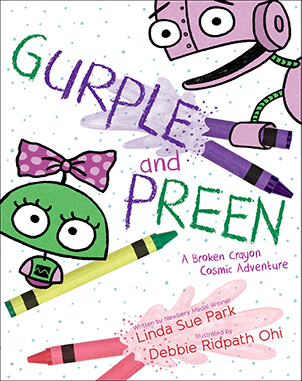
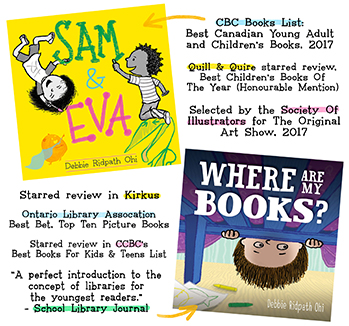



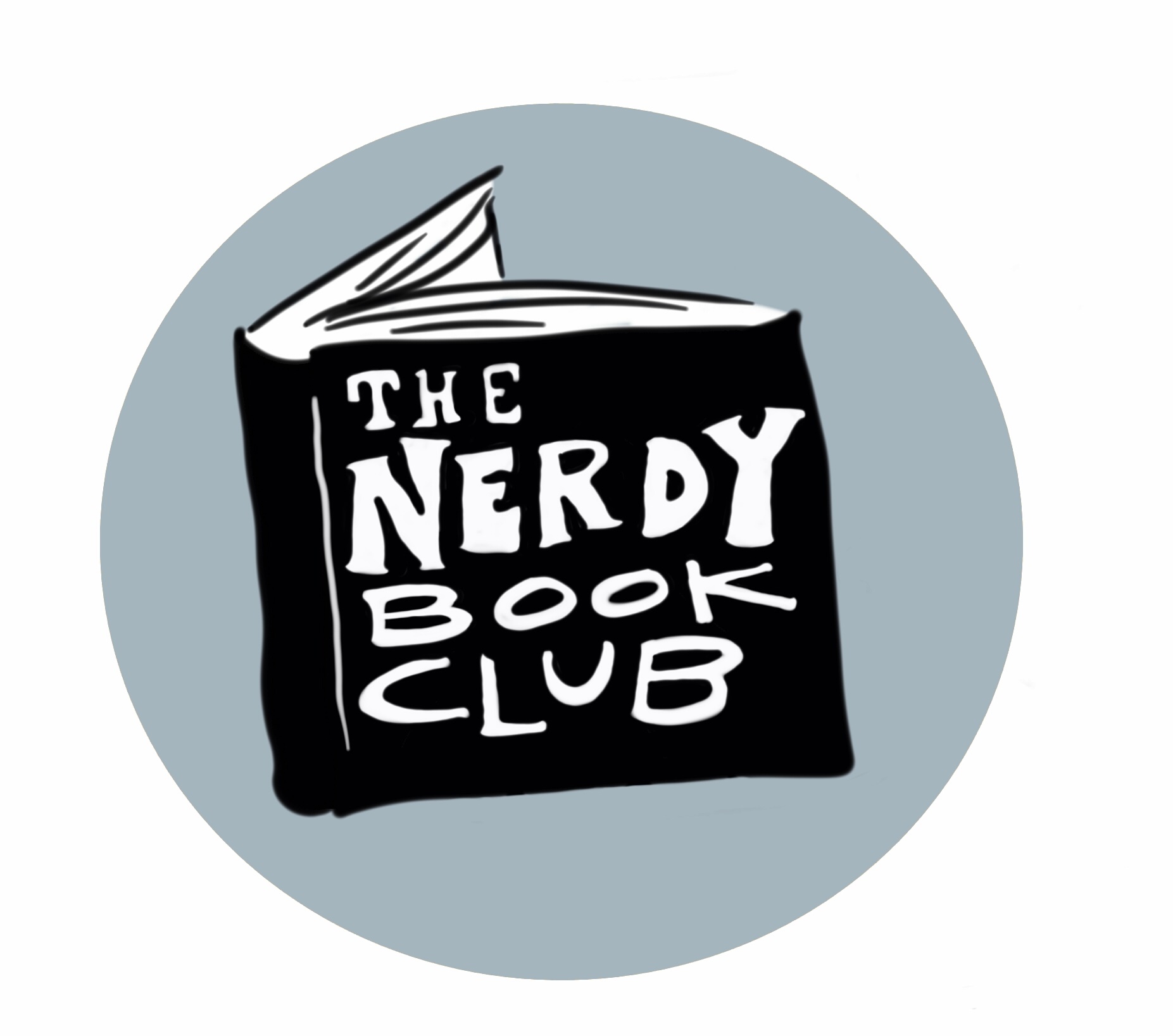

Reader Comments (4)
I agree with what everyone else has said, except that I would disagree with Andre Karre's suggestion that a large number of twitter followers is a good sign. I am more skeptical because (a) one can actually buy a package of fake twitter followers (crazy, eh? but bottom feeders do it) (b) it is quite common for writers (as a courtesy) to follow back everyone who follows them, so it is relatively easy to accumulate 20,000 followers by simply following every writer on the face of the Earth—so if I see someone who has 20,000 followers and is following 23,000 I know that is just about swapping follows to build their numbers, not about someone who is actually reading or being read by that many. If someone has 20,000 followers and is following 213, then maybe, that's sometimes a bit impressive.
I haven't yet had a manuscript I've rejected based on Googling the author, but that's because authors who write superior manuscripts mostly check out as reasonable online. I'm sure the day will come... But the flip side of a great online presence is that I have solicited manuscripts from beginning writers whose social media I enjoy. I can think of at least three off the top of my head who I've bought and published because I was already a regular reader of their Facebook or Twitter posts or whatever, and they happened to mention in passing that they had just finished something and I thought, 'sounds interesting'. (And I've two of my short pieces published by an editor who was reading my posts.) That's unusual, of course, and it would be crazy to spend time on social media hoping some editor will discover you, but it is sometimes helpful to be tied into 'the community', whatever niche you happen to be part of. Then it's not about promoting this or that title you already have out there, but about being an interesting writer who people are following because you're funny or insightful or etc so that I'm thinking, "this is my kind of people" and then, if it is someone I really like and they have a manuscript, well, I might think I'd like to have a look at it. (But of course, I work for a small press, not Random House.)
All good advice. Basically be kind, generous, interesting, and genuine. Sounds like good advice for life in general! :)
Thank you for this information and insight. It's always great to hear how agents, editors, publishers, and art directors feel about things, and their likes and dislikes. Love the cartoon Debbie. :)
Fascinating post! (Love the cartoon by the way!) I've always wanted to know what agents and editors were thinking. It kind of makes me less nervous about the whole social media beast.
Now... back to writing!